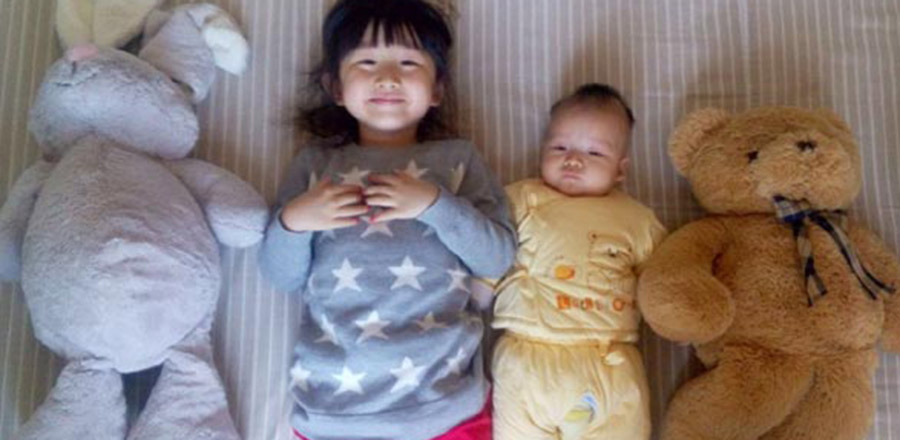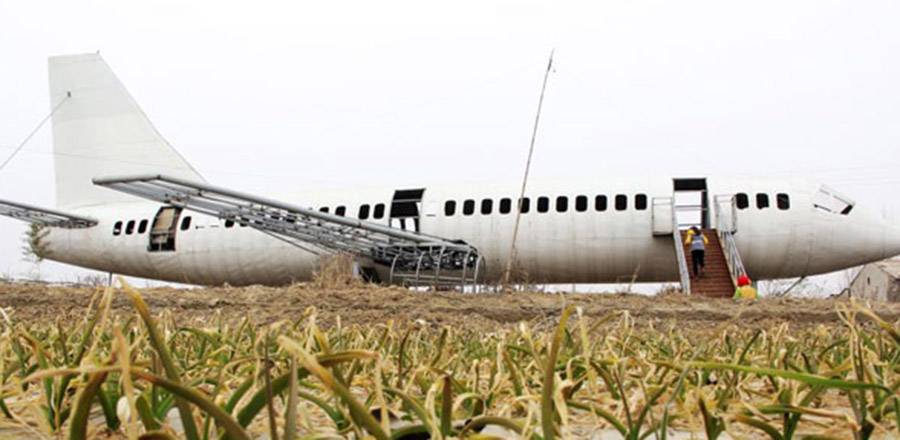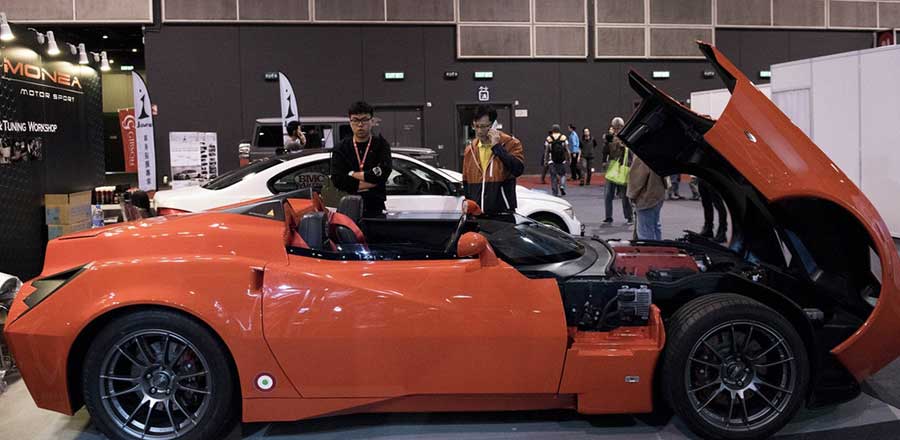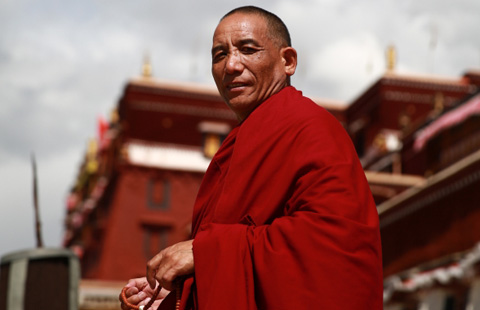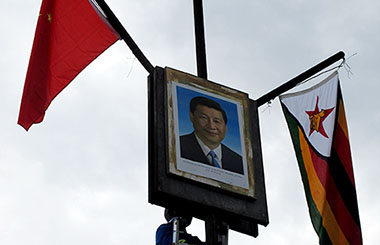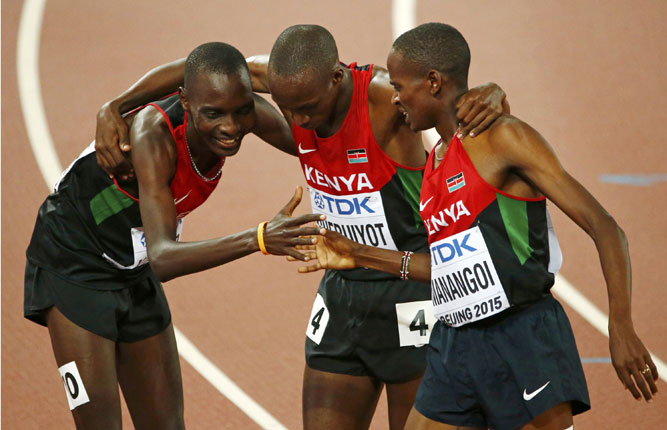
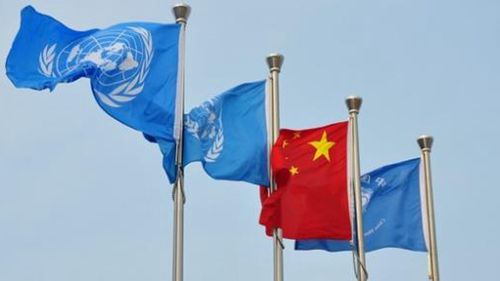
The General Aassembly of the United Nations (UN) passed the 2016-2018 apportion of membership dues and peacekeeping budget on Dec 23. Beijing's contributions to membership dues and peacekeeping budget will account for 7.921 percent and 10.2 percent respectively.
China's total UN membership dues rank third among 193 member states, following the United States and Japan. Beijing will become the second-largest contributor to the UN peacekeeping budget, only next to the US.
This news shocked most Chinese people, who asked: Isn't China a developing country? China still has more than 70 million people struggling with poverty? How come developed countries, such as the US, Japan and European nations, don't contribute more? Why do China's membership dues keep increasing?
2015 marks the 70th anniversary of the establishment of the UN. On Sept 26, President Xi Jinping attended the UN development summit in New York and said each member state should bear common but different responsibilities with the same target.
Beijing should assume the common but different responsibilities in paying membership dues and peacekeeping budget. China has emerged as the world's second largest economy with its GDP (gross domestic product) only behind the US, which is a natural outcome of the economic aggregate growth in recent years.
China is a responsible country that endorses the UN's ability-to-pay principle and unconditionally handing over the full amount of dues on time to support the UN's roles in international affairs.
As a permanent member of the UN Security Council, Beijing bears special responsibilities in sharing the UN's burden of payments. Increasing membership dues reflect China's rising international influence that enhances its national strength.
Chinese proposals on the international stage of the UN have contributed to Chinese wisdom, Chinese responsibilities and Chinese power. Beijing is seeking political solutions on hot-button global issues. As a permanent member of the Security Council with veto powers, Beijing is playing an important role to resolve international and regional issues.
Nowadays, the world needs Chinese cooperation, in regards to deal with nuclear disputes over Iran and North Korea, as well as ongoing turmoil in Syria.
China is joining more UN peacekeeping operations. Since 1989, China has deployed more than 30,000 troops to join 29 UN peacekeeping operations, with 18 people sacrificing their lives. More than 3,100 Chinese peacekeepers are serving worldwide.
Meanwhile, China is promoting international development. Beijing has supplied nearly 400 billion yuan in aid to 166 countries and regions, dispatched more than 600,000 aid workers to support developing countries. Amid the Ebola epidemic in Africa, Beijing had deployed many medical workers in the continent.
Beijing is defending international legislation. As a defender of the UN Charter and international laws, China participated in international conventions under the UN framework, joined more than 400 multi-lateral pacts and almost all the inter-governmental organizations.
China has pioneered rule-making of the new fields, including outer space and cyber space. Beijing remains a defender and builder of global peace and development as China's state powers and international influence increase over time.

